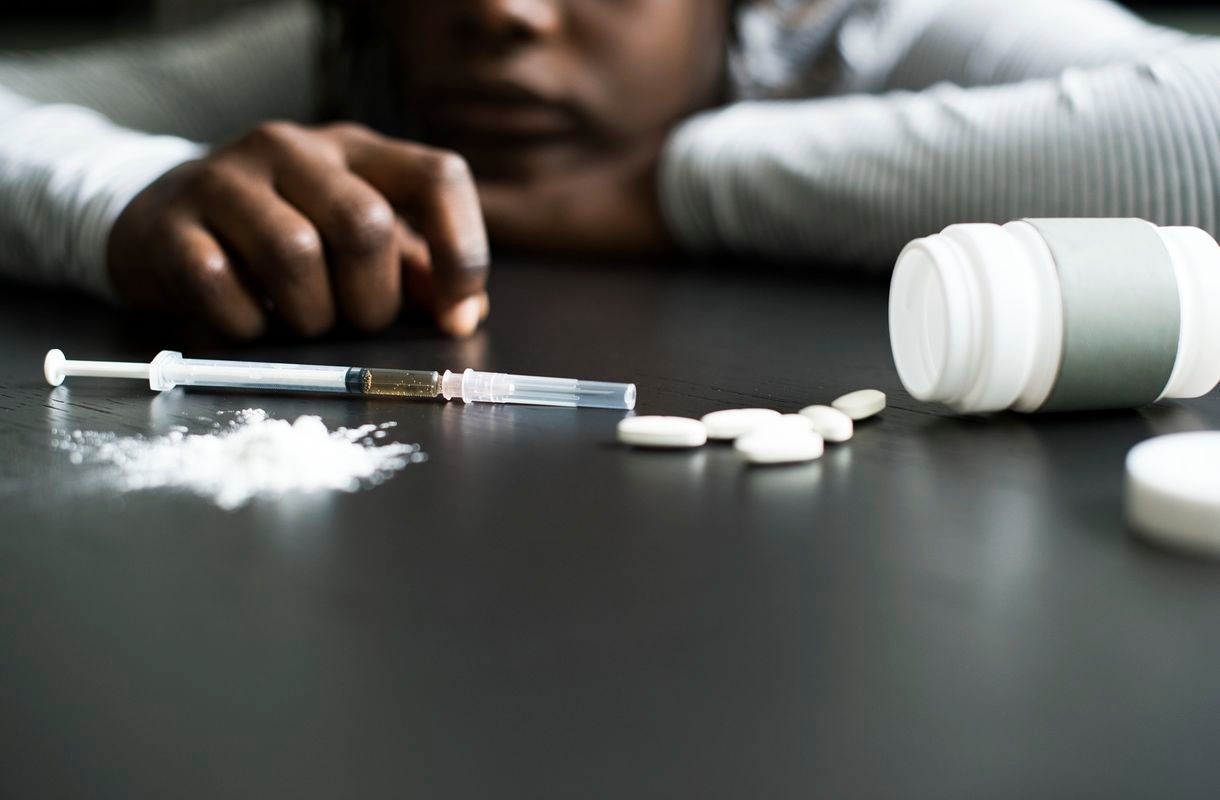How to Help Our Children Avoid Substance Use
Parents are the biggest influence in a child’s life. They can pass on experiential knowledge in all areas of life to their children. When it comes to substance use, parents are also shouldered with the responsibility of education and prevention. The challenge often comes with how to go about doing it.
Keeping Lines of Communication Open in the Home
Before parents begin addressing more challenging topics, such as sexual behavior and substance use, there needs to be open communication in the home environment. A parent cannot expect their children to listen deeply after they have been absent themselves. You need to invest time in this two-way communication, starting when your child is young.
There can be frequent teachable moments and touchpoints when you are carefully observing their emotional development. Organic conversations may evolve naturally as your child gets older. Even with young children, it is important to offer information about the importance of healthy nutrition, sleep rhythm, and regular exercise.
If your child is curious about medicine bottles they see in the home, explain that a child can only take medicine if a parent or a doctor gives it. Help them understand that taking the wrong medicine can be dangerous to one’s health.
Prevention Communication With Older Children
With grade-level children who watch television and movies, parents should monitor what they watch to ensure it is age-appropriate as some content might contain substance use scenes. If the question or issue comes up, it is time to discuss the long-term negative consequences of drinking alcohol or using drugs. Guide them to make a distinction between short-term pleasure and long-term risks.
When your child is starting middle school, that is a time your influence as a parent will decrease. They will face more peer pressure at school, and some children may be exposed to substances offered by friends. Ask about whether they have seen other children vaping, smoking, drinking, or using drugs. Do not accuse or interrogate, but listen and communicate. Have an open discussion.
Introduce the brain science facts about how substance addiction can lead to brain disease. Most importantly, model sobriety and a healthy lifestyle to your children.
Getting to Know Your Child’s Friends
It takes a village to raise a healthy child. At this point, you should merge more into your child’s social world. Spend time getting to know your child’s friends and their parents when they spend time together. Set boundaries on what your child can do and cannot do with friends. Maybe communicate with other parents about the concern if this issue arises in the community.
As your teenage child grows up and enters high school, there will be more challenging issues related to risky sexual behavior and substance use. Share how your high school years went and what challenges you struggled with.
Ensure your child that you will always be there to support them no matter what happens. Trusting your child is an essential aspect of their confidence and decision-making. This is the time for them to face the world and prepare for independence.
Many parents panic when their children begin hanging out with other teens they don’t know. If you keep the lines of communication open, your child will trust you with their problems.
Prevention Starts With Parents
Ideally, parents should model a healthy lifestyle to their children. They should also be educated on scientific facts about substance use before trying to discuss it with their children. If there is one parent in the home who has a history of substance use, such as alcoholism or drug abuse, this parent in recovery needs to have an honest discussion with the child about their own addiction history.
In order to be a role model for your child, you must become sober first. Children do notice how their parents use substances and socialize. As a parent, your emotional and mental health also shapes whether a child feels safe and confident. If parenting gets challenging, maybe you should consider family-based therapy where an experienced counselor can guide every family member to identify emotional and behavioral patterns that need improvement.
Family-based prevention programs aim at enhancing family bonding and parental skills. Research has shown that even brief sessions of family-focused interventions can positively change specific parenting behaviors to reduce later risks of substance use.
All in all, parents and families need to stay connected with a strong support system, especially from the addiction recovery community. Substance addiction is treatable, and children of all ages must understand that. Parents should do their best and keep their hopes up.
If you are a parent in recovery, do you know how to educate your child about the negative effects of substance use? Education is important for preventing child or teen addiction, which is a rising epidemic in America. As a parent, you also need to model a healthy and sober lifestyle in the home. If you are looking for recovery specialists who can coach you on parenting and prevention, come and visit us at Capo Canyon Recovery, near Mission Viejo, CA. We have helped many families by using our holistic approach. We focus on each stage of recovery, both in terms of physical and mental health. You or your loved ones can make use of both our inpatient residential care and outpatient, long-term care programs that offer personalized benefits. Our experienced counselors and therapists can coach you on a wide range of issues related to prevention. Work with us now. Call us at (800) 804-8714.









